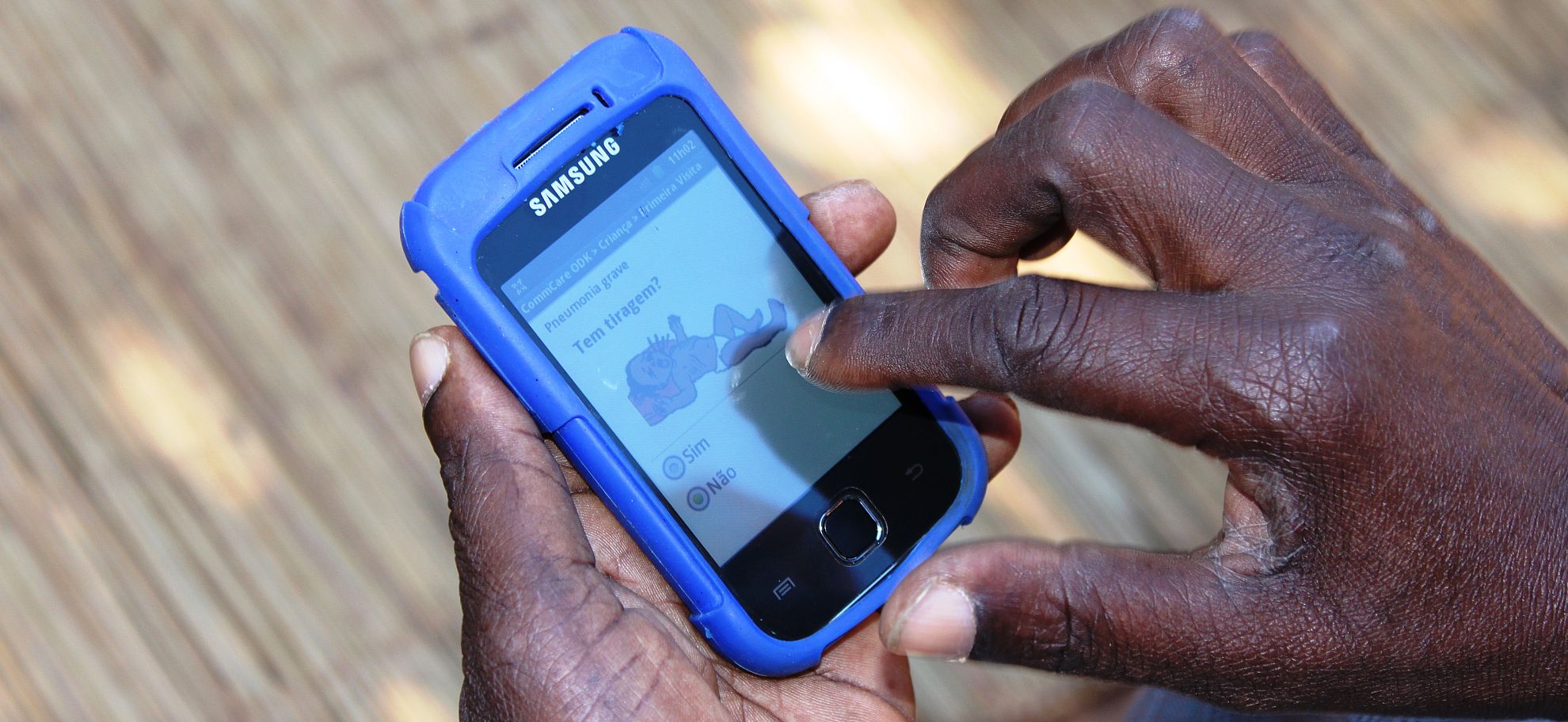
World Pneumonia Day: Innovations will save lives
12 November 2013Pneumonia is the leading killer of children in in the world, accounting for nearly 1.4 million deaths of children under the age of five each year. Low-income countries share the bulk of this burden.
“If we are to save more of these lives, it is critical that pneumonia is rapidly and accurately diagnosed so that it can be correctly treated,” said Charles Nelson, Malaria Consortium’s Chief Executive. “Innovating to improve diagnosis could be the key to reducing the number of young lives lost to this disease.”
Part of the cause of so many deaths is that pneumonia diagnosis remains largely presumptive and is based on counting respiratory rate in children with a cough or difficulty in breathing. Using this process to assess whether a child has higher than normal breath rate is difficult, even for trained health workers, and misdiagnosis leading to inappropriate treatment is common.
“We need innovative programmes that tackle this issue and begin to reduce these alarming numbers. Misdiagnosis and late care-seeking are the cause of many pneumonia related deaths. We urgently need to identify and evaluate new promising and appropriate devices for diagnosis that can be used by community health workers and rural health facility workers to treat children showing the signs of pneumonia appropriately. Only through adequate training and reliable diagnostic tools will we see a reduction of pneumonia related deaths.”
According to the World Health Organization, the majority of cases of childhood pneumonia can be treated effectively within the community, without needing to visit a health facility or hospital. Malaria Consortium currently supports governments in Mozambique, Nigeria, South Sudan and Uganda to implement integrated programmes to reduce child mortality from preventable diseases such as pneumonia, malaria and diarrhoea.
Malaria Consortium has supported Ministries of Health to train over 15,000 community health workers to diagnose and treat malaria, pneumonia and diarrhoea in children under five as part of integrated community case management strategy. Globally, fewer than 30 percent of children with pneumonia are receiving an appropriate antibiotic. Community health workers are working hard to ensure that more children receive timely and appropriate treatment, even in the most remote communities.
Malaria Consortium, through the Bill & Melinda Gates Foundation funded project inSCALE, is promoting the use of innovative diagnostic tools through providing community health workers in Mozambique and Uganda with mobile phones containing a specially developed respiratory timer which allows them to easily and accurately count a child’s breathing rate and assess whether they have pneumonia.
This World Pneumonia Day, the focus on innovation reflects the desperate need for targeted and effective approaches that can tackle them at scale.
Latest news
- International summit calls for AMR accountability in public health interventions21st March 2024
- Global SMC community celebrates new milestone at SMC Alliance Annual Meeting in Nigeria6th March 2024
- Scaling up key interventions could halve pneumonia-related childhood mortality13th February 2024
- Malaria Consortium and eGov Foundation join Mozambique’s national malaria programme to digitalise seasonal malaria chemoprevention campaigns8th February 2024
- World’s first malaria vaccine rollout launched in Cameroon22nd January 2024
- Digital solutions driving equitable access to health6th December 2023